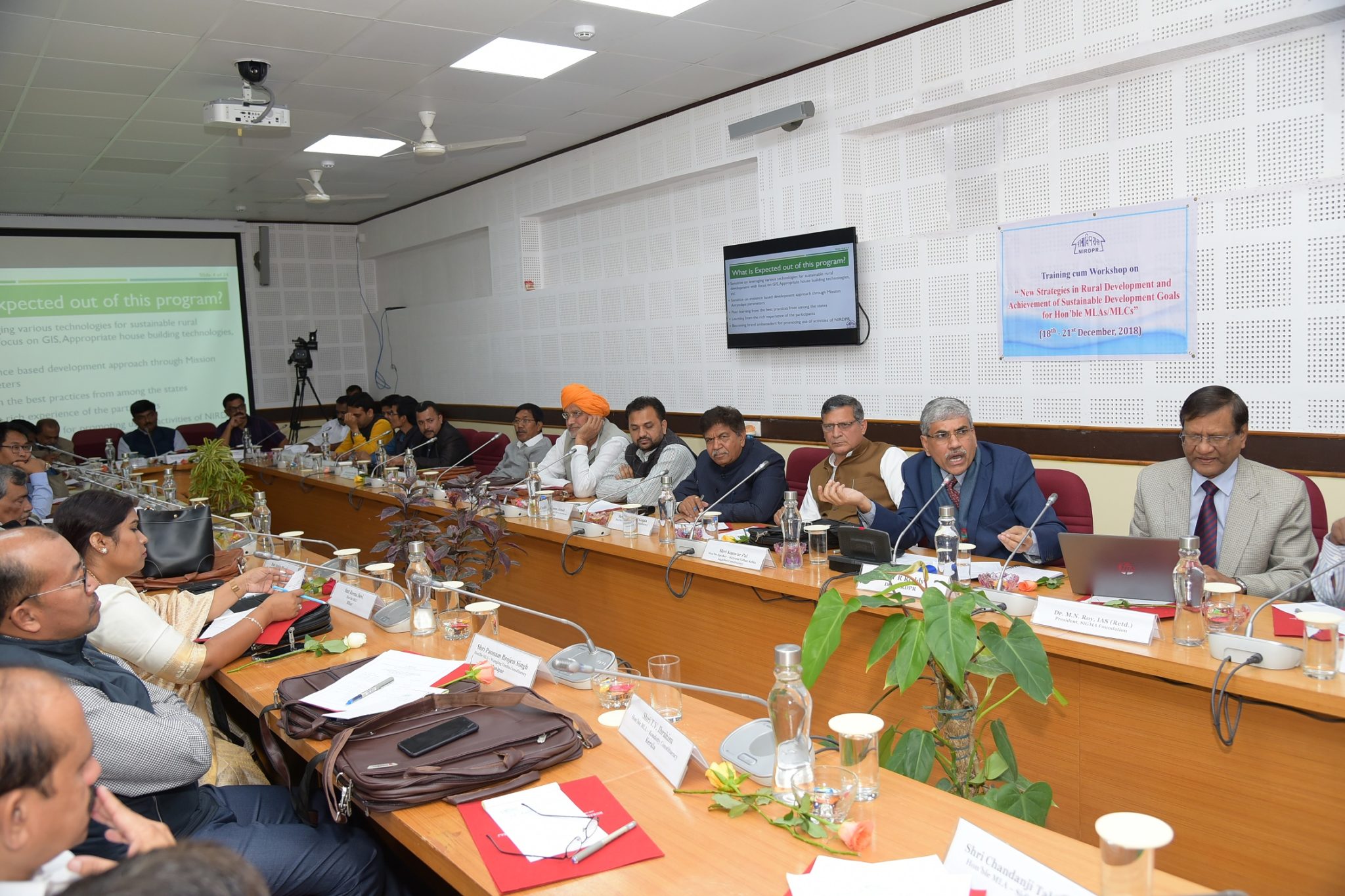By Parineeta Mehra, Mumbai: “Much of the stress that people feel doesn’t come from having too much to do. It comes from not finishing what they’ve started.” – David Allen
So, let’s explore what are some of the causes of stress among corporate employees. Stress is the psychological and physical state that results when the resources of the individual are not sufficient to cope with the demands and pressures of the situation. Thus, stress is more likely in some situations than others and in some individuals than others. Stress can undermine the achievement of goals, both for individuals and for organisations.
Long, uncertain or unsocial hours, working away from home, taking work home regularly, high levels of responsibility, job insecurity, and job relocation all have adversely affected family responsibilities and leisure activities. This has undermined a good and relaxing quality of life outside work, which is an important buffer against the stress caused by work!
In addition, domestic pressures such as childcare responsibilities, financial worries, bereavement, and housing problems have also begun affecting a person’s robustness at work. The lack of control over work and lack of participation in decision making process in the organisation makes the situation more complex. Thus, a vicious cycle is set up in which the stress caused in either area of one’s life, work or home, spills over and makes coping with the other more difficult.
How does stress damage professional life and productivity?
Acute responses to stress may be in the areas of feelings (for example, anxiety, depression, irritability, fatigue), behaviour (for example, being withdrawn, aggressive, tearful, unmotivated), thinking (for example, difficulties of concentration and problem solving) or physical symptoms (for example, palpitations, nausea, headaches). If stress persists, there are changes in neuroendocrine, cardiovascular, autonomic and immunological functioning, leading to mental and physical ill health (for example anxiety, depression, heart disease), etc.
Whether it is anxiety, fatigue, headaches, lack of concentration or impact on problem solving capacity. Stress hampers overall individual performance and productivity is a fact. We need to figure out individual/collective ways of dealing with it just the way we do with any other illness/concern at hand. The first step is to acknowledge and recognise that we are stressed and need to do something about it !!
There are many different ways, techniques to deal with stress. Employers’ training programmes is a great help to prevent stress among employees. The various benefits of training programmes in managing stress among employess are given below:
Becoming aware of the signs of stress
Using this to interrupt behaviour patterns when the stress reaction is just beginning. Stress usually builds up gradually. The more stress builds up, the more difficult it is to deal with
Analysing the situation and developing an active plan to minimise the stressors
Learning skills of active coping and relaxation, developing a lifestyle that creates a buffer against stress
Practising the above in low stress situations first to maximise chances of early success and boost self-confidence and motivation to continue life thereafter without any worry or anxiety.
Wide variety of training courses may help in developing active coping techniques—for example, assertiveness, communications skills, time management, problem solving, and effective management.
However, there are some sources of stress that the individual is likely to perceive as outside his or her power to change, such as the structure, management style or culture of the organisation. It is important to note that stress management approaches that concentrate on changing the individual without changing the sources of stress are of limited effectiveness, and may be counterproductive by masking these sources. For example, breathing deeply and thinking positively about a situation causing stress may make for a temporary feeling of well-being, but will not work long term. Instead a damaging situation causing persistent stress and, probably, stress to others may be a result of forced practices.
“We can easily manage if we will only take, each day, the burden appointed to it. But the load will be too heavy for us if we carry yesterday’s burden over again today, and then add the burden of the morrow before we are required to bear it.”
– John Newton
………………………
About the Author: Parineeta Mehra is an expert facilitator, trainer, and coach with an experience of over 20 years in enhancing organizational effectiveness by improving people capability and in stress management. She is currently founder and Consultant of Look Beyond, a leading Coaching & Facilitation skills company in Mumbai, India. Parineetahas trained over 20,000 people at various levels across Industries and diverse backgrounds in India, Singapore and Dubai.









